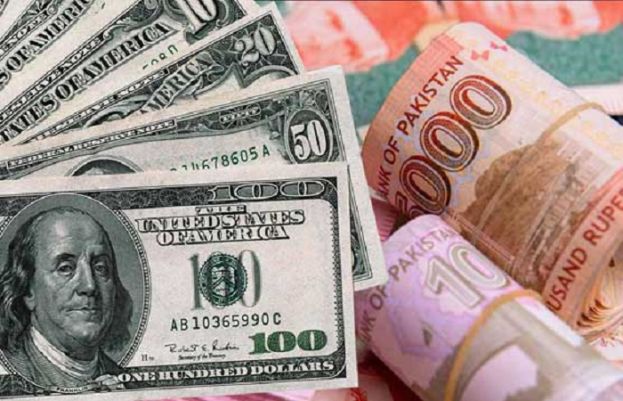According to the Finance Ministry, the decision has been taken due to the increase in oil prices in the international market.
The Finance Division said that the price of petrol will go up by Rs26.02 per litre, and the price of high-speed diesel (HSD) by Rs17.34 per litre. Now, the price for one litre of petrol will be Rs331.38, and HSD price will be Rs329.18.
This is the second time within a month that prices of petroleum products have been increased to take them to a historic high.
On September 1, the caretaker government had jacked up the petrol and diesel prices by over Rs14.
The Finance Division said the hike was due to the “increasing trend of petroleum prices in the international market and exchange rate variations”.
Back then the price of petrol went up by Rs14.91 per litre, and the price of high-speed diesel (HSD) by Rs18.44 per litre.
Today's hike in petrol prices was expected due to the rise in global oil prices.
“The rupee appreciation will have a positive impact on the petroleum prices, but it will not be enough to offset the impact of rising global oil prices,” an industry official told to private news channel.
According to an internatioanl news agency, Oil prices hit a 10-month high on Friday and were set to post a third weekly gain as supply tightness spearheaded by Saudi Arabian production cuts combined with optimism around Chinese demand to lift crude.
By 12:15pm EDT (1615 GMT), US West Texas Intermediate futures were up 62 cents, or 0.7%, to $90.78 a barrel and Brent crude futures were up 21 cents, or 0.2%, to $93.91 a barrel. Both benchmarks hit their highest since November 2022 earlier in the session, and are up about 4% for the week.
The government reviews and adjusts the petroleum prices every fortnight, based on Ogra’s recommendations. The final decision, however, rests with the finance ministry, which sometimes absorbs part of the increase to provide relief to consumers.
But the government has to raise fuel prices as agreed with the International Monetary Fund (IMF) under a $3 billion standby agreement
















